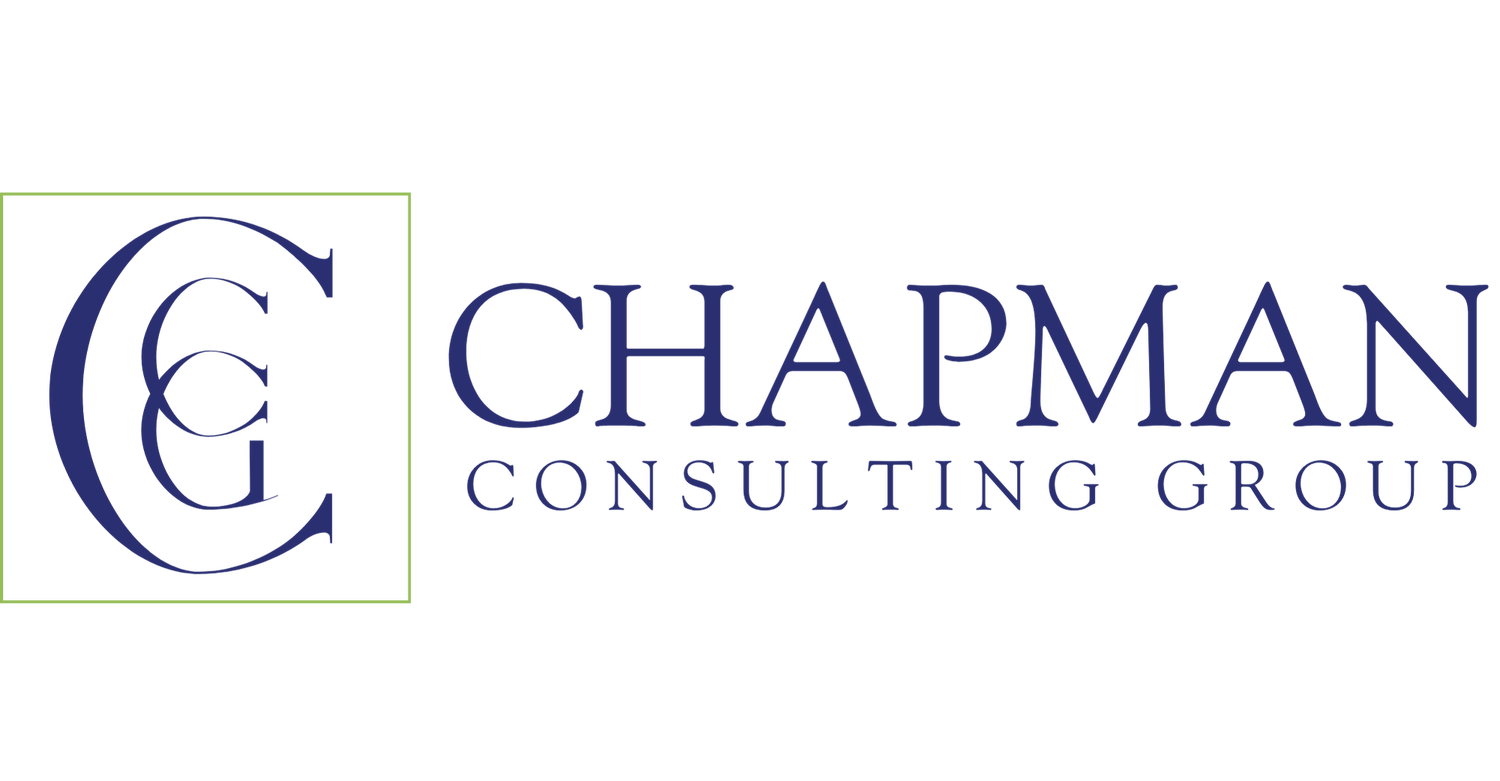Your Compliance Questions Answered by Our Compliance Experts
Healthcare Compliance Plans Made Simple
In today's healthcare landscape, compliance with regulatory requirements is critical for the success of any healthcare organization. With increasing scrutiny from government regulators, healthcare organizations must have a robust compliance program in place to mitigate risks associated with noncompliance. One key aspect of a healthcare compliance program is the healthcare compliance plan, which outlines the policies and procedures that an organization must follow to comply with healthcare regulations.
Why Do You Need a Compliance Plan
A healthcare compliance plan is a critical component of a healthcare organization's compliance program. It sets out the policies and procedures that an organization must follow to ensure compliance with applicable healthcare regulations. The healthcare compliance plan outlines the requirements for documenting and reporting compliance activities, as well as the roles and responsibilities of employees and management in ensuring compliance.
Without a healthcare compliance plan, a healthcare organization is at risk of noncompliance with regulatory requirements, which can result in significant penalties, fines, and damage to the organization's reputation. A healthcare compliance plan provides a roadmap for compliance that helps to reduce the risk of noncompliance.
How Can CCG Develop a Healthcare Compliance Plan?
CCG Healthcare can develop a healthcare compliance plan by following a structured approach. The first step is to assess the organization's current compliance program and identify areas of risk. This includes reviewing policies and procedures, interviewing key stakeholders, and conducting a gap analysis to identify areas of noncompliance.
Based on this assessment, CCG Healthcare can develop a healthcare compliance plan that is tailored to the needs of the organization. The plan should include policies and procedures for documenting and reporting compliance activities, as well as training programs to educate employees on their roles and responsibilities in ensuring compliance. The plan should also establish a system for monitoring and auditing compliance activities and should include mechanisms for reporting suspected noncompliance.
Why is it Important to Tailor the Plan to the Needs of the Organization?
It is important to tailor the healthcare compliance plan to the needs of the organization because each healthcare organization is unique. The plan should be designed to address the specific risks and challenges that are unique to the organization. This includes identifying areas of noncompliance and developing policies and procedures to address those risks.
A tailored healthcare compliance plan is also more effective because it is more likely to be accepted by employees and management. When employees and management understand the specific risks and challenges faced by the organization, they are more likely to support the compliance plan and take the necessary steps to ensure compliance.
Why is it Important to Routinely Update the Plan to Ensure Healthcare Compliance?
Healthcare regulations are constantly evolving, and healthcare organizations must keep pace with these changes to ensure compliance. This makes it important to routinely update the healthcare compliance plan to reflect changes in healthcare regulations, as well as changes in the organization's risk profile.
Regular updates to the healthcare compliance plan help to ensure that the organization remains in compliance with regulatory requirements. It also helps to ensure that employees and management are aware of changes in regulations and are trained to comply with these changes.
How Can CCG's Chief Compliance Officers and Compliance Investigators Aid a Healthcare Company's Success by Developing a Custom Compliance Plan?
CCG's chief compliance officers and compliance investigators have extensive experience in healthcare compliance and regulations. They are well-equipped to develop a custom healthcare compliance plan that is tailored to the needs of the organization.
CCG's chief compliance officers and compliance investigators can work closely with the organization to identify areas of risk and develop policies and procedures to address those risks. They can also provide training and education programs to ensure that employees and management are aware of their roles and responsibilities in ensuring compliance.
In addition, CCG's chief compliance officers and compliance investigators can provide ongoing monitoring and auditing of compliance activities to ensure that the healthcare compliance plan is effective and updated.
Ready to Get Started?
Schedule a free call with our experienced healthcare compliance investigators to discuss your practice, its needs, and how we can give you peace of mind in this highly regulated space.

